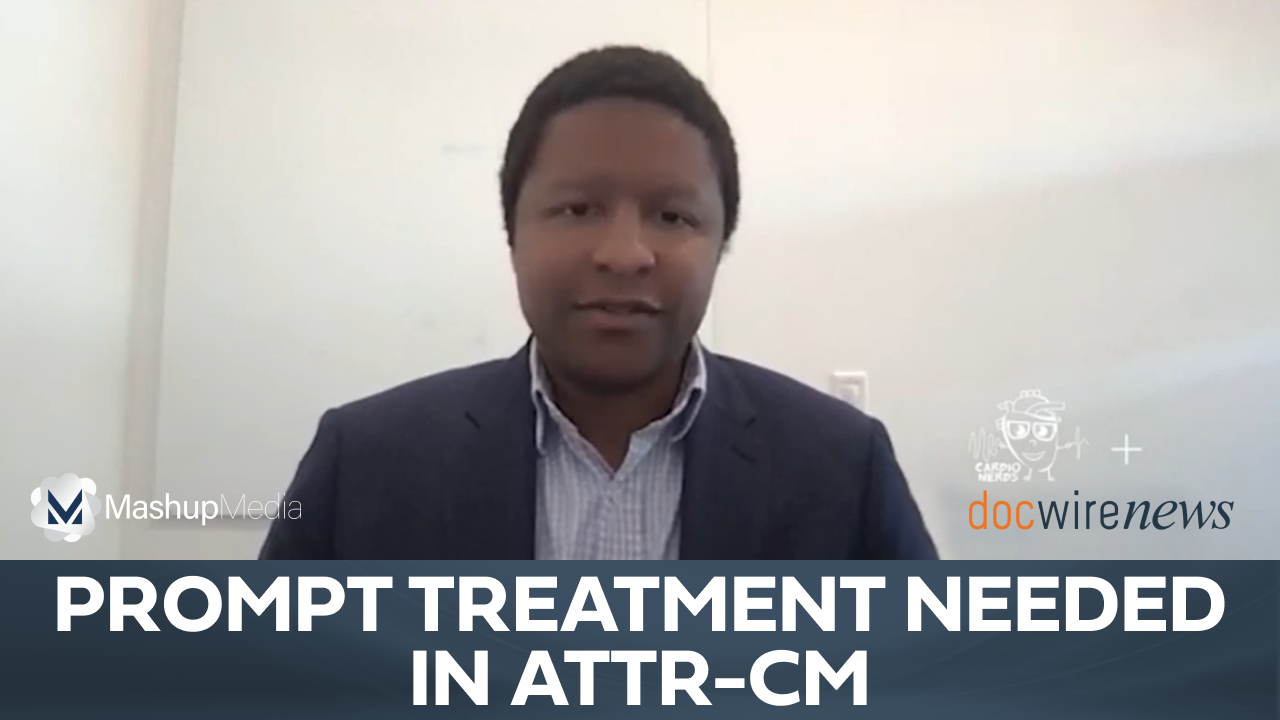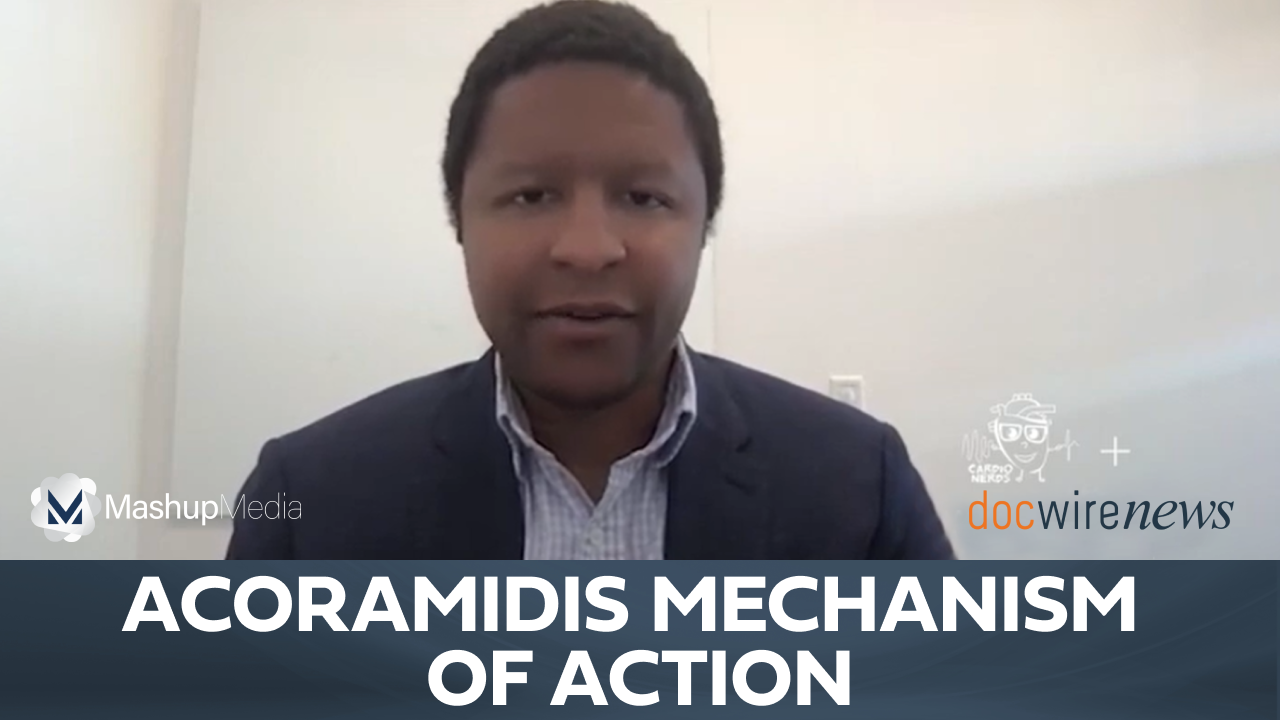
Catheter thermal ablation has been known to be an effective method in managing symptomatic atrial fibrillation, but no management is complication free.2 Where some of the devastating possible complications of thermal AF ablation are esophageal perforation and periesophageal vagal plexus is gastroparesis.2 The PULSED AF trial introduces a new, safer method by creating lesions in cardiac tissue non-thermally through irreversible electroporation (IRE).1
Pulsed Field Ablation Treatment in Paroxysmal And Persistent Atrial Fibrillation (PULSED AF) pivotal trial, a prospective, international, multicenter, nonrandomized study by Atul Verma, MD, FACC, et al. was presented at the American College of Cardiology (ACC) 2023 in New Orleans, on March 6th. It showed that using pulsed field ablation for treatment of AF resulted in 66.2% of patients with paroxysmal AFib (95% CI, 57.9-73.2) and 55.1% of patients with persistent AFib (95% CI, 46.7-62.7) were free from serious procedure and device related adverse events.1
The study was done at 41 centers in 9 countries with a key inclusion criterion of 300 adults with drug resistant 150 participants with paroxysmal or 150 with persistent AF. Where they underwent pulmonary vein isolation using pulsed field ablation and were monitored for one year. Participants had weekly and symptomatic transtelephonic monitoring; ECGs at three, six and 12 months; and 24-hour Holter monitoring at the six- and 12-month marks. The primary endpoint, freedom from a composite of serious procedure- and device-related adverse events, occurred in one patient from each cohort (0.7%; 95% CI, 0.1-4.6).1 Furthermore, there was a clinically meaningful improvement in the quality of life of the participants.
There were multiple limitations in this study, one of which there the lack of control group. Furthermore, the majority of participants were of male sex, having 64% with paroxysmal AF and 75% with persistent AF.1
When asked by Dr. Joseph Marine MD, MBA, electrophysiologist and Vice-Director of Operations at the Division of Cardiology at Johns Hopkins Hospital, about durability and determination of lesion completion under subtherapeutic doses, as in the trial the up to 10-12 applications per vein were done, Dr. Atul Verma, the head of the Heart Rhythm Program at Southlake Regional Health Center and Associate Professor with the University of Toronto, replied “multiple applications were done based on preclinical data to achieve desired tissue depths, but this is still a work in progress to find ways to assess completion- the future of this technology is promising”.
Dr. Alaa Diab is a Resident at Greater Baltimore Medical Center and an MPH student at JHSPH. She served as a CardioNerds Conference Scholar for the American College of Cardiology 2023 Scientific Sessions.
References:
- Verma, Atul, et al. “Pulsed Field Ablation for the Treatment of Atrial Fibrillation: PULSED AF Pivotal Trial.” Circulation (2023).
- Calkins, Hugh, et al. “2017 HRS/EHRA/ECAS/APHRS/SOLAECE expert consensus statement on catheter and surgical ablation of atrial fibrillation.”Ep Europace 1 (2018): e1-e160.







 © 2025 Mashup Media, LLC, a Formedics Property. All Rights Reserved.
© 2025 Mashup Media, LLC, a Formedics Property. All Rights Reserved.